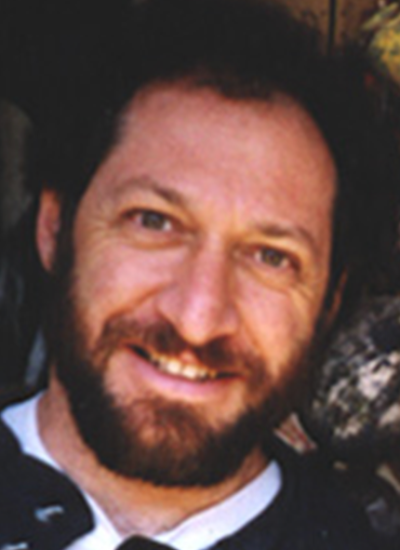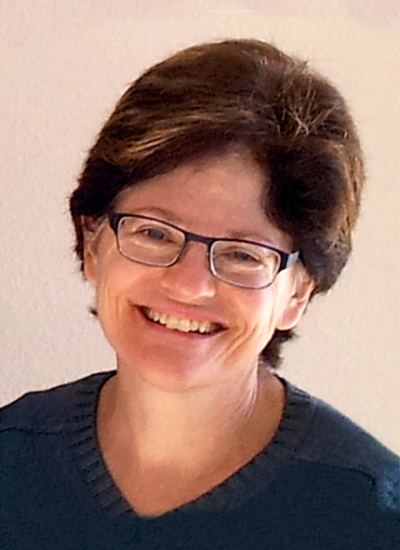Jana M U'Ren
Work Summary
We study the biodiversity, biogeography, evolutionary origins, and ecological roles of plant-associated microorganisms. We use a combination of traditional culture-based microbiology, functional assays, and next-generation 'omics tools to study microbial symbiont communities in diverse lineages of land plants at scales ranging from local to global. We are interested in characterizing the biotic and abiotic factors shaping the assembly of plant-associated fungal communities, how community structure and diversity impacts ecosystem function, and the evolutionary dynamics of fungal symbiont evolution in the context of closely related pathogens and saprotrophs.










